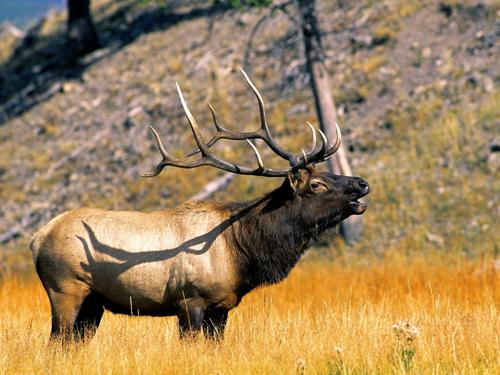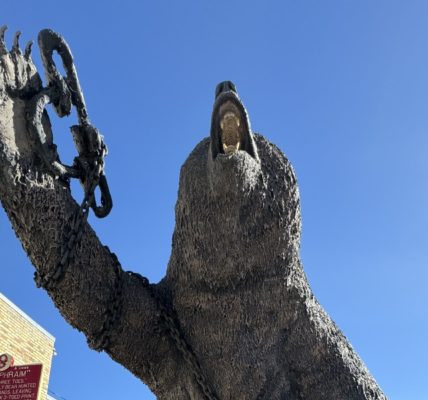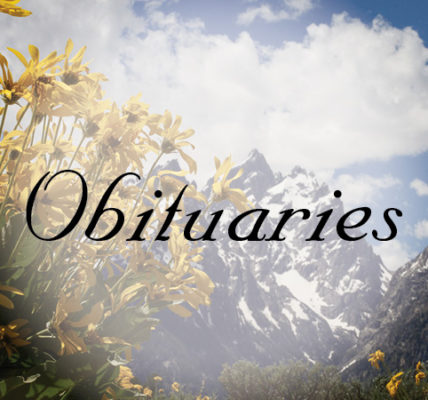By Allayana Darrow
The Sheridan Press
Via- Wyoming News Exchange
SHERIDAN — Native American tribal members must abide by Wyoming Game and Fish Department regulations when hunting off an established reservation, according to an order handed down by Sheridan County Circuit Court Judge Shelley Cundiff June 11.
Cundiff sided with central findings in prior case law and issued a landmark ruling that sets a precedent for how tribal members are subject to Wyoming game laws on national forest land — now six years after Clayvin Herrera was cited for taking big game without a license on the Bighorn National Forest in Sheridan County Circuit Court Jan. 18, 2014.
Herrera pleaded not guilty and moved to dismiss both charges in mid-2015. The defense initially argued the BNF area where Herrera shot an elk constituted unoccupied land, on which he could hunt unregulated as an “off-reservation treaty Hunter,” Cundiff’s order explained.
In initial hearings, the state countered that forest land was not unoccupied due to BNF elk conservation guidelines and therefore, Herrera was subject to prosecution.
“This court, following the decision in Crow Tribe of Indians v. Repsis…denied the motion finding that the BNF was occupied and if not occupied, there was a conservation necessity to regulate Treaty Hunters,” Cundiff wrote.
Herrera was found guilty and appealed his case up to the U.S. Supreme Court. Along the way, 4th Judicial District Court upheld his convictions but did not address conservation as an argument for preclusion from prosecution.
The U.S. Supreme Court affirmed Crow hunting rights and overturned previous court decisions based on occupation arguments — citing neither Wyoming statehood nor BNF establishment nullified the treaty.
In May 2019, Crow Chairman AJ Not Afraid said the U.S. Supreme Court decision marked a victory for Apsaalooke people and other tribes with treaties, as recorded on the Native American Rights Fund website. The right to hunt in the Bighorn Mountains on or off the reservation is of current and ancestral importance, he said.
The high court then remanded the case back to lower courts to readdress whether the area where the elk was killed on the BNF was occupied per the 1868 Treaty of Fort Laramie and if state conservation rules apply to treaty hunters.
“The court’s ruling regarding conservation necessity has not been under appellate review and should be open to the court for further consideration,” Cundiff wrote, explaining her approach to reanalyzing the case. “As the finder of fact, this court will investigate the proceedings in Repsis and determine if issue preclusion bars the defendant from relitigating the issues of occupation and conservation necessity.”
After reviewing exhibits within the case, the court found adjudication was “full and fair” in allowing the Crow Tribe to present, litigate and appeal its argument that BNF is unoccupied but that based on Repsis — a case that also established whether the Wyoming Game and Fish Department can regulate tribal hunters in BNF — Herrera could not use occupation as a defense.
Cundiff’s order cites a Crow Fish and Wildlife Commission code adopted in 1992 that recognizes a need for resource conservation regulations for Crow Tribal members who hunt and fish off-reservation.
The court further found that Repsis did clarify a binding agreement between the Crow Tribe and the state regarding the need for wildlife conservation, and that WGFD regulations were “reasonable and necessary for conservation,” including for off-reservation treaty hunting.
In the order, the court concluded that issue preclusion applies to both the occupation and conservation ruling cited in Repsis, the findings in Repsis apply to Herrera’s case and that the defense’s motion to dismiss prosecution based on treaty rights was appropriately denied by the court before trial.






